INCONTESTABILITY
April 24, 2013
Starting a Trademark Prosecution Practice at an Existing Law Firm
April 24, 2013FRAUD


The pendulum is swinging away from the applicability of fraud as a favored basis to challenge a third party claim that it is currently using a mark in U.S. commerce. Fraud concerns reached their height in Medinol Ltd. v. Neuro Vasx, Inc., 67 U.S.P.Q.2d 1205 (T.T.A.B. 2003). The article “In re Bose Corporation – The Federal Circuit Overturns the Standard for Fraud in Trademark Cancellation and Opposition Proceedings,” published in the Westchester County Bar Association Newsletter, Nov. 2009, identifies a shift in the pendulum back to a more relaxed standard.

